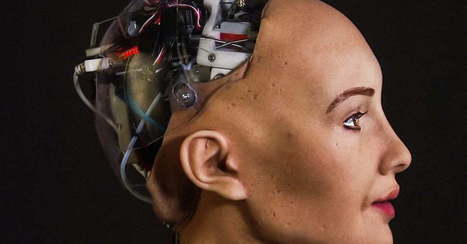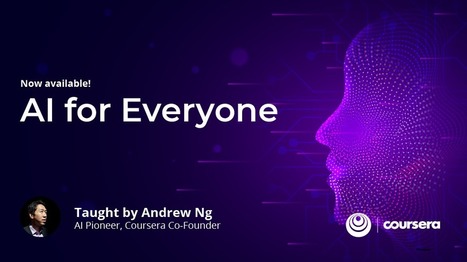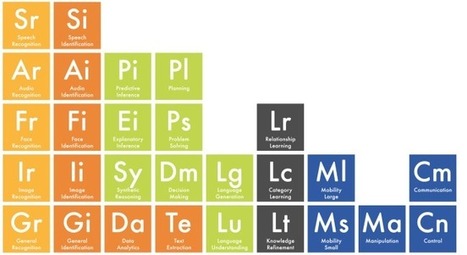Every aspect of life can be guided by artificial intelligence algorithms – from choosing what route to take for your morning commute, to deciding whom to take on a date, to complex legal and judicial matters such as predictive policing.
Big tech companies like Google and Facebook use AI to obtain insights on their gargantuan trove of detailed customer data. This allows them monetize users’ collective preferences through practices such as micro-targeting, a strategy used by advertisers to narrowly target specific sets of users.
Research and publish the best content.
Get Started for FREE
Sign up with Facebook Sign up with X
I don't have a Facebook or a X account
Already have an account: Login
Literacy in a digital education world and peripheral issues.
Curated by
Elizabeth E Charles
 Your new post is loading... Your new post is loading...
 Your new post is loading... Your new post is loading...
|
|
















